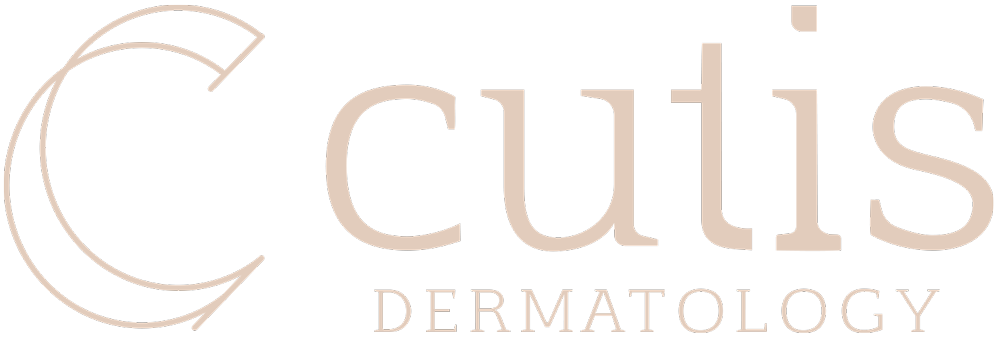A mastectomy can be a significant step in your breast cancer journey, and it’s natural to have questions about what comes next. This guide will walk you through everything you need to know, from the different types of surgery to recovery and emotional support.
Key Points
- There are several types of mastectomy surgeries
Breast reconstruction is an option at the time of surgery or later on - It’s normal to feel a range of emotions; support groups and counseling can help.
- Recovery typically takes 4-6 weeks.
- Most insurance covers the procedure
Mastectomy Surgery at a glance
Our results speak for themselves
FAQs
What is a mastectomy?
A mastectomy is a surgical procedure that involves the removal of one or both breasts, usually as part of the treatment for breast cancer or to reduce the risk of developing the disease. There are several types of mastectomy procedures, each designed to address different medical needs and personal preferences.
The most common types include:
- Simple Mastectomy: This procedure involves the removal of all the breast tissue, including the nipple and areola. It’s often recommended when cancer is widespread throughout the breast.
- Skin-Sparing Mastectomy: This option removes the breast tissue but leaves most of the skin intact, which is particularly helpful if you are planning breast reconstruction, as it can lead to better cosmetic results.
- Nipple-Sparing Mastectomy: In this procedure, the breast tissue is removed while the nipple and areola are preserved. It’s typically chosen when cancer is confined to the breast tissue and reconstruction is planned.
- Prophylactic Mastectomy: This is a preventive measure for women at high risk of breast cancer, such as those with a BRCA gene mutation or a strong family history of the disease. It significantly reduces the risk of developing breast cancer by removing healthy breast tissue before cancer has a chance to form.
Each type of mastectomy is tailored to the patient’s specific diagnosis and preferences, so it’s important to have an in-depth discussion with our surgeons to understand which option is best for your situation.
Why would I need a mastectomy?
A mastectomy may be recommended if cancer is widespread, such as in multifocal or inflammatory breast cancer, or if you have a high genetic risk (e.g., BRCA mutation). Some women also choose mastectomy for personal reasons, even when breast-conserving surgery is an option.
Who is the medical team?
Cancer diagnosis involves a team of specialists to treat breast cancer. Our breast surgeons will be your guide through the options. You may also work with a medical oncologist who will provide info on chemotherapy or other treatments. A radiation oncologist may be part of your care team if radiation is needed.
Don’t forget the breast care nurse who can offer advice and emotional support throughout your journey. They’re a great resource, to explain the process and answer your questions.
What should I expect during recovery?
Recovery from mastectomy can vary, but you will typically stay in the hospital for at least one night. After discharge, managing discomfort and following care instructions for the surgical site is crucial. You may also experience emotional changes, and support is available.
How long will I need to recover?
Recovery after a mastectomy varies from person to person, but most people can expect to take around 4-6 weeks to return to normal activities. It’s important to listen to your body during this time and give yourself the space to heal.
Gentle exercises, as approved by your doctor, can help you regain strength and mobility. Remember, healing is a gradual process, and it’s okay to take things one day at a time. Support from loved ones and your healthcare team can make this journey a little easier.
What are the emotional effects of mastectomy?
It’s completely normal to feel a mix of emotions after a mastectomy, such as sadness or anxiety about changes in your body and what lies ahead. Remember, you’re not alone in this. Support groups and counseling can be great resources to help you through this emotional journey.
Will I need breast reconstruction?
Many women choose breast reconstruction after a mastectomy to help restore the appearance of their breasts. You can choose to have reconstruction at the same time as your mastectomy or later on. Options include implants or using your own tissue, depending on what’s best for you.
Reconstruction and recovery can be discussed in-depth with our breast cancer surgeons at our Brisbane clinic.
Products

O Cosmedics cleansing range
$63.00-$64.00

O Biotics 3D Hyaluronic Serum
From $97.00
With over 30 years of experience, our surgeons are deeply committed to providing high-quality, patient-centered care, focusing on safety, informed consent, and achieving optimal patient outcomes.
How much does mastectomy surgery cost?
The cost of mastectomy surgery can vary depending on the type of surgery and your insurance coverage. Most insurance plans cover the surgery and hospital stay, but the extent of coverage can differ based on your plan.
While the surgeon’s fee is usually covered, there may be an out-of-pocket gap fee, typically between $300 and $500. Insurance also often covers breast reconstruction surgery, though coverage may vary.
Many hospitals offer financing options or payment plans to make the cost more manageable. To avoid surprises, it’s important to check with your insurance provider and discuss any potential costs with your surgeon. Being informed about your financial options can help ease your worries and allow you to focus on your recovery.
What lifestyle changes should I expect after surgery?
After mastectomy, lifestyle changes may include:
- Staying active
- Eating a balanced diet
- Avoiding heavy lifting during recovery.
Gentle exercises can help restore your mobility and strength, while a dietitian can guide you on nutrition to support healing.
How do I prevent breast cancer after mastectomy?
Even after a mastectomy, it’s important to stay proactive with your health. Regular check-ups with your healthcare team, monitoring for any changes, and staying informed about breast health are crucial for long-term well-being.
What are my breast reconstruction choices?
The sentinel node biopsy typically takes 1-2 hours. It is usually done in conjunction with other procedures like lumpectomy or mastectomy to fully assess the cancer.
Preventing Breast Cancer & Ongoing Care
Even after mastectomy you need to stay proactive about your health. Regular follow ups with your healthcare team will monitor your recovery and detect any changes early. Stay informed about breast health and cancer prevention.
Breast conserving surgery as an alternative to mastectomy involves removing only the cancerous part of the breast and preserving the surrounding tissue. This option depends on tumor characteristics and personal choices and has implications for ongoing care.


